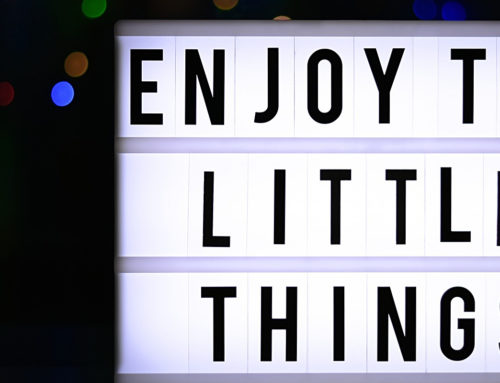Mindfulness plays a big role in Dialectical Behavior Therapy for the same reasons as research suggests it’s helpful for almost everyone. Look up research on the correlation between mindfulness and almost anything and you’ll find a study for it.
Studies show that mindfulness decreases stress and anxiety factors. It increases sleep and sexual health. Mindfulness can lower blood pressure, chronic pain, and substance cravings. It benefits healthy relationship building, self-esteem, and professional success. Mindfulness helps you taste your food more intensely. On and on and on. There are plenty of blogs and articles on the benefits of mindfulness. We know that it’s helpful.
Here’s a literature review on the benefits of mindfulness: https://pubmed.ncbi.nlm.nih.gov/18387018/
But when you are really struggling to manage your emotions and day-to-day life, who has the want and need to become a meditative monk?
You. Don’t. Have. To. Be. A. Monk. To. Practice. Mindfulness.
Where are you right now? Look up from your phone, your tablet, or your computer. What’s going on around you? What do you see? Who do you see? Is your environment changing, or is it stable? Take a minute to use words to describe what’s going on around you. Look at one item or person at a time. Name it. Describe it. Try not to judge it. It is what it is. Have no opinion, just state the facts.
I see a green plant in a blue pot. The sun is shining on it.
I see a stack of letters that need to be mailed today. I should have done that yesterday. Oops, that’s a judgement. Let’s go back to describing. The letters are in two neat stacks.
I see a water bottle with a small amount of water in it. I’ll need to fill it up soon. Did I drink enough water today? I wonder if there’s water in the dog bowl outside. Oops, I’m getting distracted. The water bottle is pink. It has a sticker on it.
See how easy that is? You don’t have to start with a clear mind and enter into a meditative trance for 90 minutes to see benefits. The goal is to non-judgmentally be aware of thoughts, feelings, urges, and behaviors.
What do we do?
OBSERVE: what’s going on around you, how your body feels, what thoughts are in your head.
DESCRIBE: use words to describe these items, feelings, and thoughts.
PARTICIPATE: if you’re engaged in an activity, conversation, or quiet time, give it your 100% attention
How do we do it?
NON-JUDGMENTALLY: avoid judgements; how often are they really helpful anyway.
ONE-MINDFULLY: do one thing at a time
EFFECTIVELY: do what works; especially as you see patterns arise in your life, stick to the rules that are helpful to you.
You. Got. This.
Now, take a deep breath in through your nose and out through your mouth, and go slay this day. You’re amazing! And that’s an observation that will always stand true!




